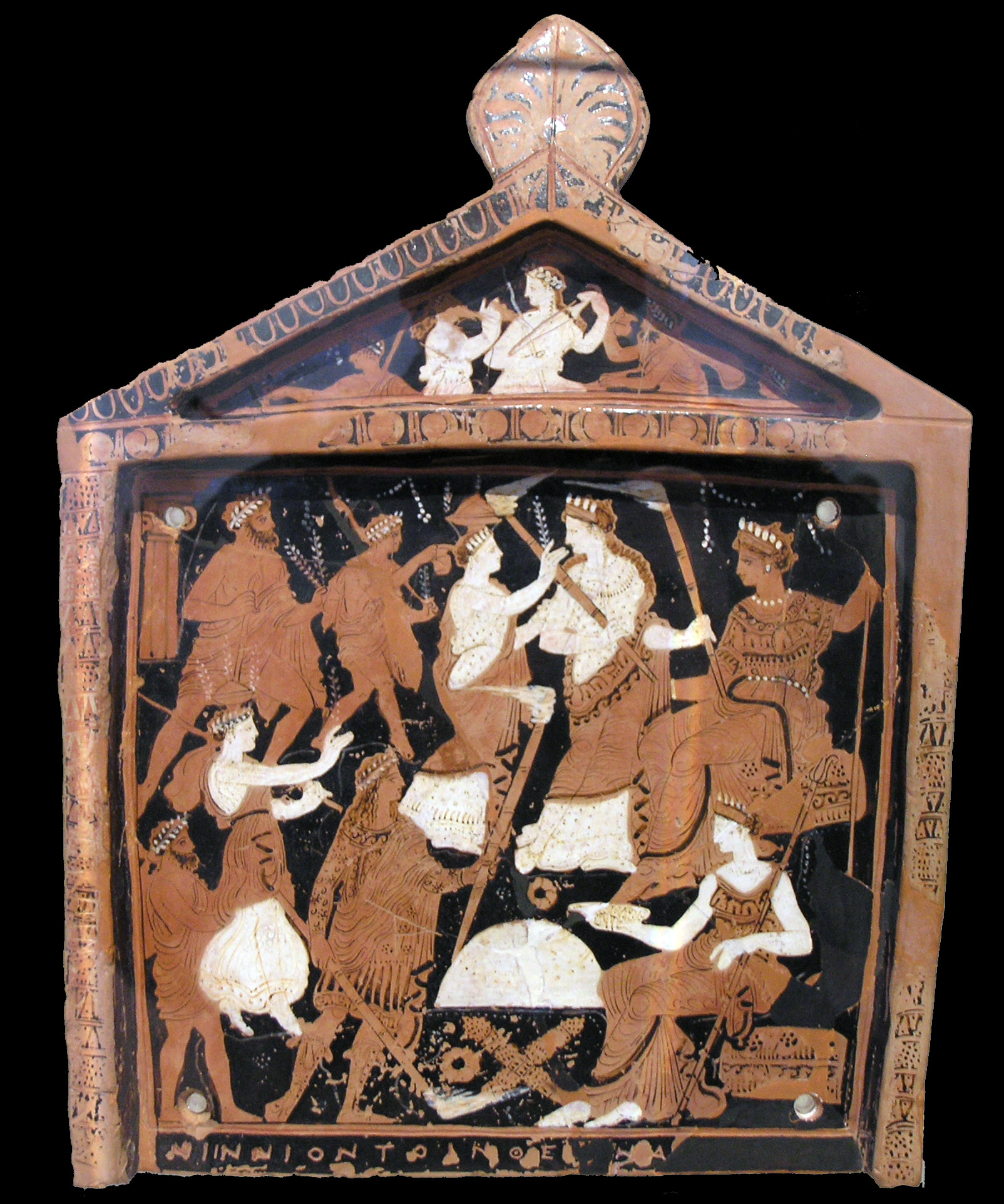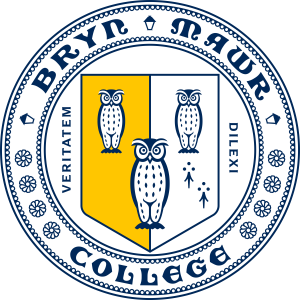- Instructor of record: Catherine Conybeare
- Instructor of record: Miriam Kamil

This course explores the Mysteries of the ancient Greco-Roman world, examining the evidence for the rituals and religious ideas associated with these often secretive and hidden practices. From the Mysteries for Demeter and Persephone in Eleusis, carried out by thousands of Athenians in a multi-day festival, to the Bacchic revels for Dionysos celebrated by mountain-roaming maenads or sedate civic associations, to the secret rites for the Persian god Mithras, performed by Roman soldiers in cave shrines throughout the empire, these mysterious rituals have exercised their fascination over the centuries, playing an outsized role in the depictions of polytheistic religion in the ancient Mediterranean world.
Students will gain a deeper understanding of the religious expressions within ancient Greek and Roman culture, as well as the ways that these have been understood in the study of religion and the Classics. We will also analyze the the ways in which religious practices of different cultures in the ancient Mediterranean were adopted and adapted in Greek and Roman culture, as mystery rites were often characterized as having come from the exotic other, rather than developed within the cultural tradition. We will engage in critical close reading of the primary evidence as well as of the scholarly discourses in which this evidence has been received, and we will practice articulating our analyses and insights in the form of clear arguments well supported with evidence.
Students will gain a deeper understanding of the religious expressions within ancient Greek and Roman culture, as well as the ways that these have been understood in the study of religion and the Classics. We will also analyze the the ways in which religious practices of different cultures in the ancient Mediterranean were adopted and adapted in Greek and Roman culture, as mystery rites were often characterized as having come from the exotic other, rather than developed within the cultural tradition. We will engage in critical close reading of the primary evidence as well as of the scholarly discourses in which this evidence has been received, and we will practice articulating our analyses and insights in the form of clear arguments well supported with evidence.
- Instructor of record: Radcliffe Edmonds
